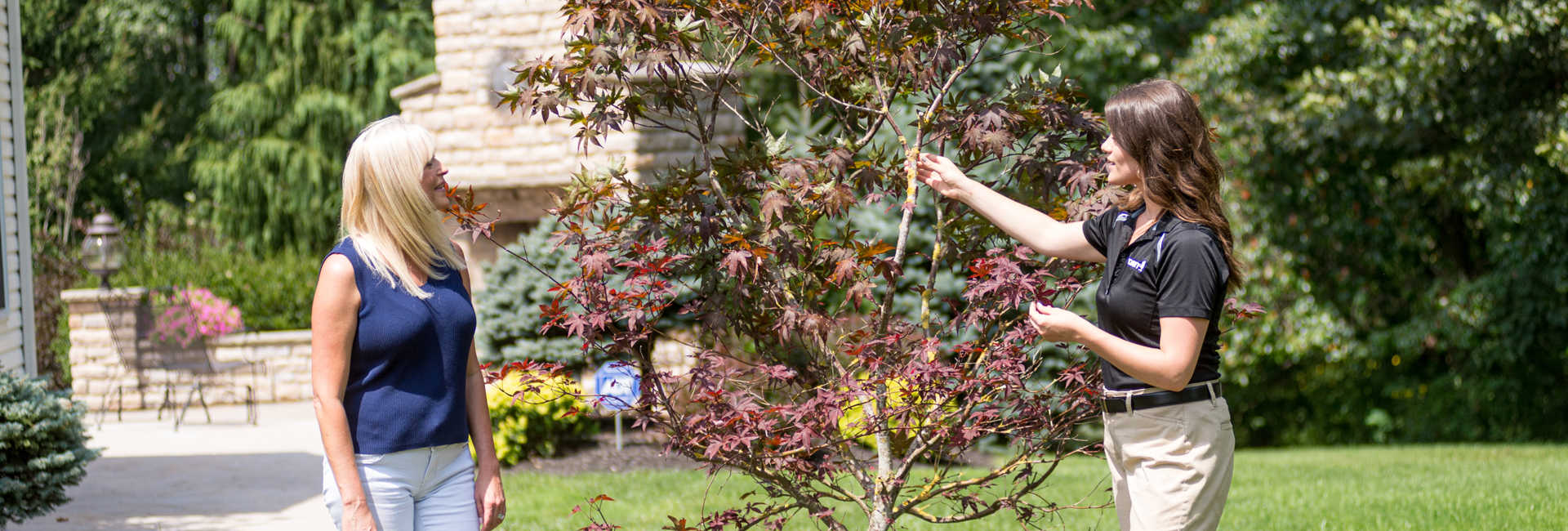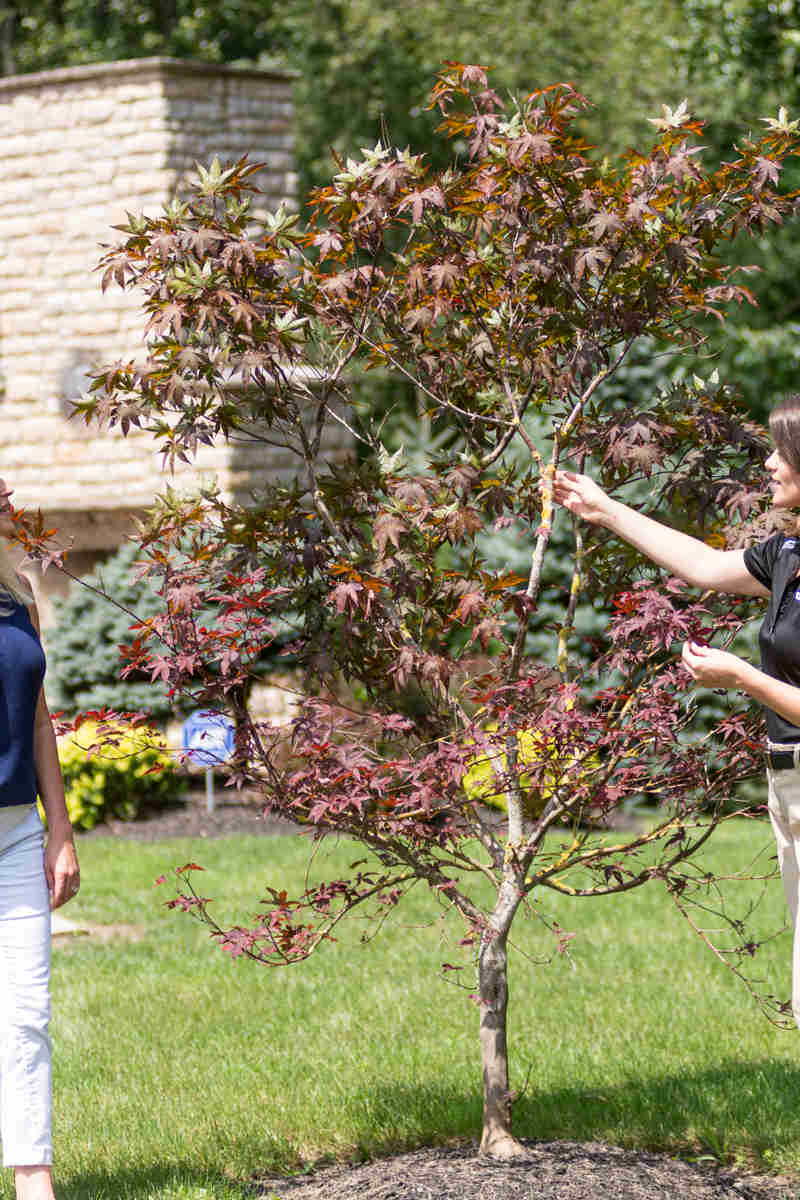Bagworms Description:
Bagworms are destructive pests of shrubs and woody ornamentals that are native to North America. Their spindle-shaped protective bags made from silk, debris, and foliage provide camouflage, so they go unnoticed until there is significant plant damage.
Hosts:
Bagworms attack more than 120 species of both deciduous and evergreen trees and shrubs, but the most common species include:
- Arborvitae
- Maple
- Birch
- Oak
- Cedar
- Poplar
- Elm
- Spruce
- Honey locust
- Willow
- Juniper
- Linden
Biology & Symptoms:
Bagworm caterpillars eat the foliage of woody plants. Trees with heavy bagworm infestations may become defoliated entirely. Infested evergreens may not experience re-growth and attacked branches often die.
How to Get Rid of Bagworms:
Cultural, biological, or chemical management practices work together to rid the affected trees and shrubs. Foliar applications of Bt (Bacillus thuringiensis) or any other recommended
insecticide should be made when young larvae are first observed. Thorough foliar coverage is critical.
Heavy infestations may require a second application. Cultural management includes homeowners hand-picking bagworms off the affected trees and shrubs. All bags must be removed and destroyed. One bag left on the tree or shrub could lead to re-infestation. If you think your plants may be infested with bagworms, call your local arborist for a consultation.





